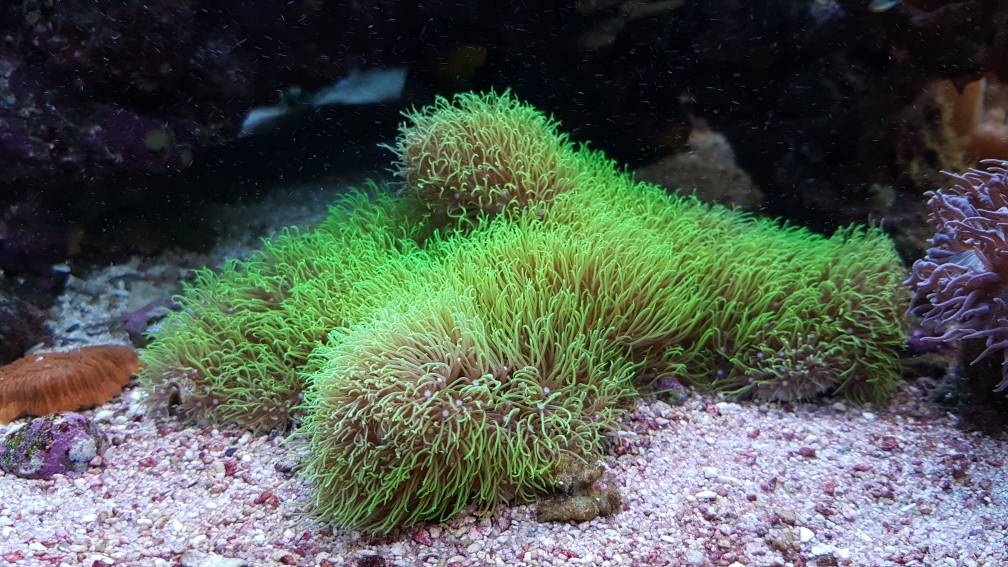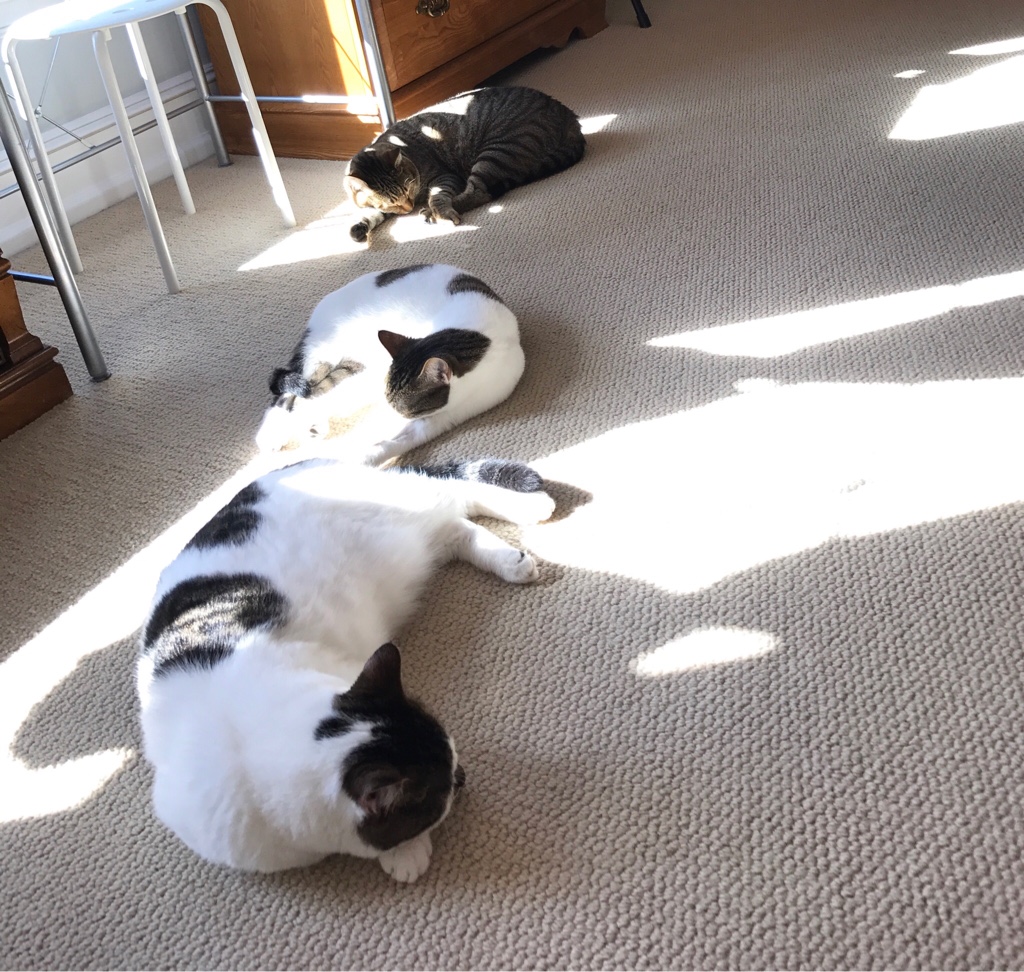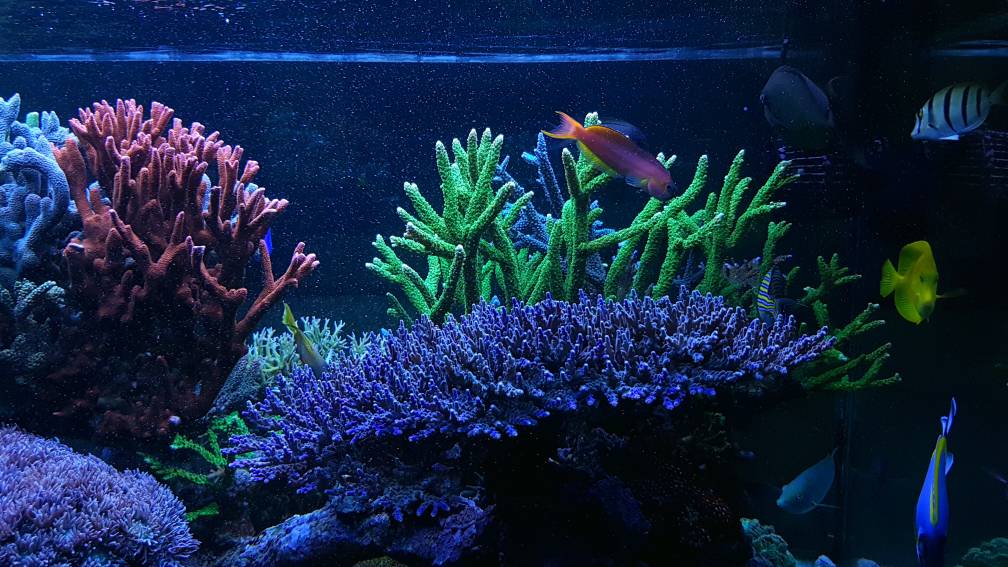I can see there is an assumption that the natural sea water is the perfect water for coral. But this may not be the case.
Coral are highly adaptable and evolves rapidly under captive conditions. There are plenty of papers about that, just google coral assisted evolution.
Another example is that we keep Alk at 8 to 9 or sometimes higher, and we all know the natural sea water has an average Alk at 7.
Many of us also keep calcium at higher level than natural sea water.
It is kind of funny that we don’t care to mimic the level of major elements but focus on trace elements.
That´s right but with the macro compounds - there is a lot of experiences and knowledge about boundaries because we have for a long time could measure and observe how the corals react in a world scale. With the trace elements (and some more compounds) its only recently a chance to get a lot of measurements - and especially detect too high values (which effects can be observed of aquarist and be discuss here) been possible. Some is still difficult to measure (like iron) but others we will now more about in the near future. Its wise to concentrate on natural values when you do not know – after 5 – 10 years of ICP measurements and observations (and discussion like this) – you know better and can adapt your water. One thing I have indications of for now is that high Si levels seems not to be an issue – at least in my aquaria. About high Si levels – there is a lot of myths.
Sincerely Lasse
Last edited:























